|
|
|
Chair
Khanyisile Hadebe
Agricultural Research Council, Biotechnology Platform
Pretoria, South Africa
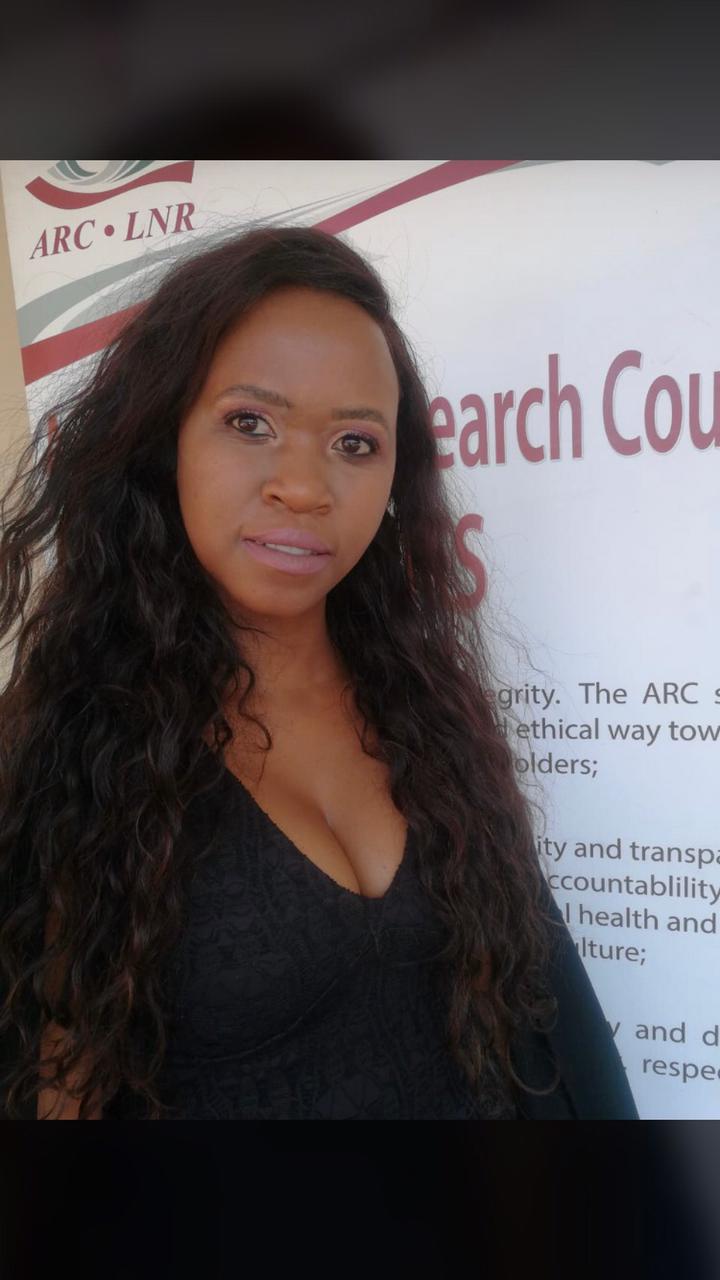
Term of service (1st, 2025-2027)
Khanyisile Hadebe (Mdladla) is a senior researcher at the Biotechnology Platform at the Agricultural Research Council, South Africa. Hadebe’s research field is the characterization of the biodiversity of indigenous Animal Genetic Resources (AnGR), with special interest in population relatedness and structure, signatures of selection and adaptation, and environmental fitness. Her research application is in development and optimization of genomics and digital tools in breeding and conservation programs for locally adapted AnGR. She is involved in community projects that assist village-based smallholder goat farmers to improve on records, make informed management decisions, and optimize production to market standards, to potentially gain access to local market opportunities within the value chains.
Co-Chair
Josue Chinchilla-Vargas
Breeding Insight
Indianapolis, IN United States
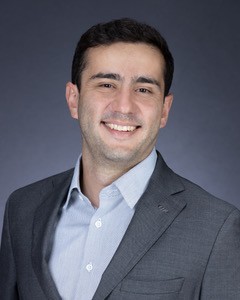
Term of service (1st, 2025–2027)
Josue Chinchilla-Vargas is a geneticist focused on applying genomic tools, data-driven breeding strategies, and cross-species analyses to strengthen food security and support sustainable agricultural development in low- and middle-income countries. His work spans livestock, aquaculture, and crop systems, emphasizing population diversity, adaptation, and trait discovery to improve productivity and resilience. Through mentoring, international collaborations, and contributions to global genetics initiatives, he is committed to expanding access to modern breeding technologies and improving the livelihoods of smallholder farmers in developing regions.
Member
Lucky Nesengani
University of South Africa
Boksburg, South Africa
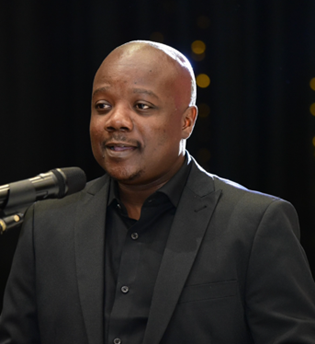
Term of service (1st, 2025–2027)
Lucky Nesengani is a senior lecturer in the Department of Agriculture and Animal Health at the University of South Africa. He has professional expertise in livestock genomics, quantitative genetics, bioinformatics, and applied microbiology. With over 12 years of experience in animal science research, his work is currently focused on the development of high-quality genome references for African indigenous livestock species, as well as the genomic analysis of coat color and pattern variation in South African Nguni cattle.
Member
Marina Fortes
The University of Queensland
Brisbane, Australia
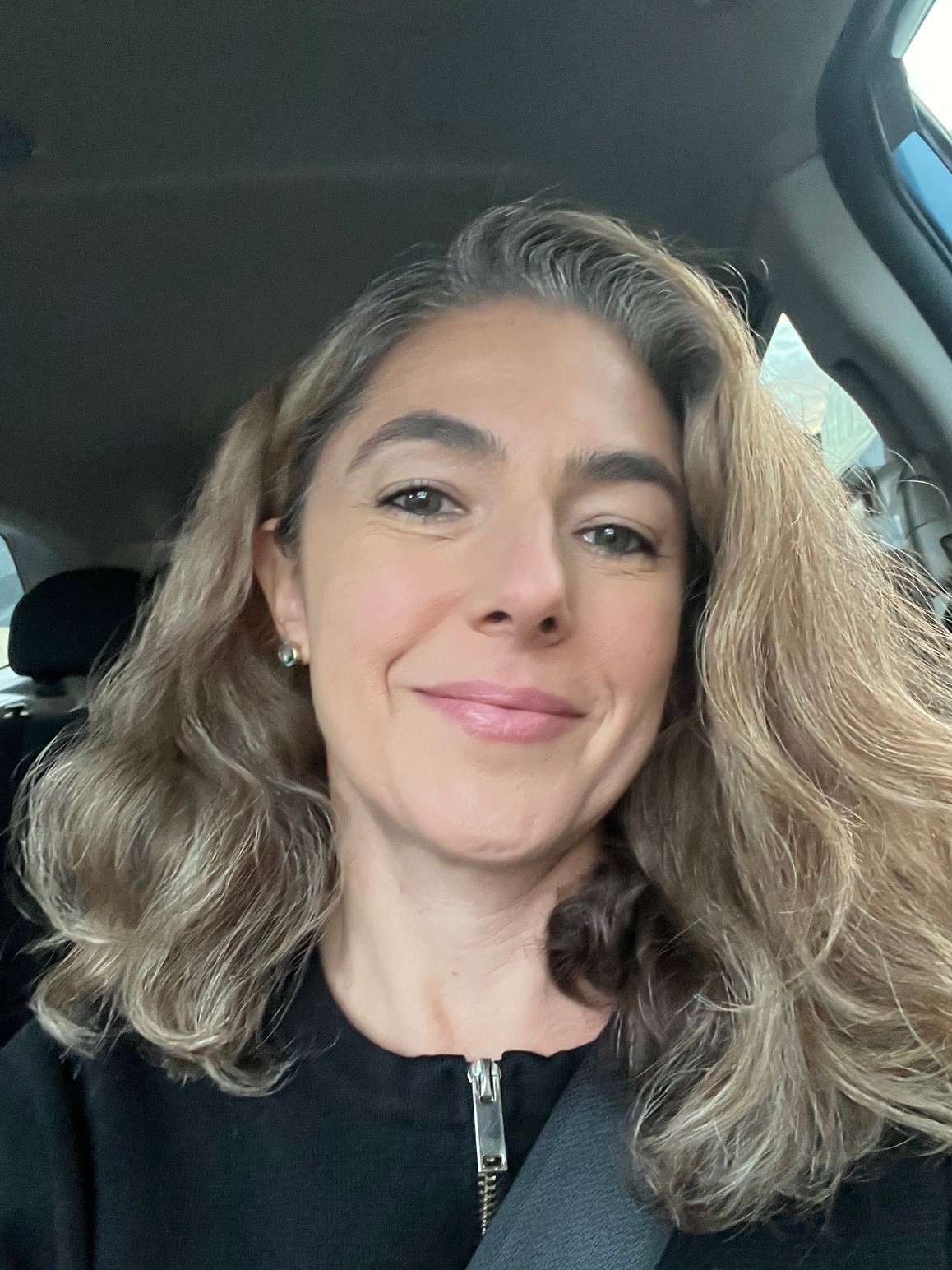
Term of service (2nd, 2023-2027)
Marina Rufino Salinas Fortes is a veterinary geneticist whose work advances understanding of reproductive biology, functional genomics, and sustainability traits in livestock. She completed her PhD in genetics at the University of Queensland, where she now leads the Livestock Genomics and Biotechnology Group. Her research integrates genome-wide technologies, transcriptomics, and phenomics to investigate the genetic architecture of fertility, puberty, and methane emissions in cattle, contributing to improved reproductive efficiency and reduced environmental impact in tropical production systems. Fortes is Deputy Director for Agriculture in the Biotechnology Program and Chair of the Equity, Diversity, and Inclusion Committee for the University of Queensland.
Member
Catarina Ginja
BIOPOLIS/CIBIO/InBio, University of Porto
Porto, Portugal
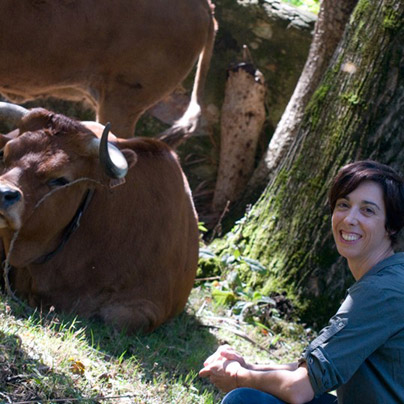
Term of service (2nd, 2023-2027)
Catarina Ginja is the leader of the Archaeogenetics research group at CIBIO-InBIO, and an invited Assistant Professor at the Faculty of Sciences, University of Porto. She graduated in Zootechnical Engineering from the University of Trás-os-Montes e Alto Douro-UTAD (2000) and obtained her MSc degree in Animal Science from the same university (2002). C Ginja completed a PhD degree in Animal Breeding and Genetics from the Technical University of Lisbon (2009). Following her research at the Veterinary Genetics Laboratory, she was invited to work as a Research Assistant at the University of California in Davis (2008-2010). In October 2010, C Ginja was awarded a Marie Curie grant to work at the Centre for Environmental Biology of Lisbon University and to launch an innovative archaeogenetics research. C Ginja is experienced in state-of-the-art technologies including the analysis of ancient genomes of domesticated animal species. She has a strong publication record in the field of population genetics and conservation of domestic animal genetic resources. In 2014, she was invited as chairperson and cattle representative of the FAO/ISAG Committee on Animal Genetic Diversity. She collaborates with Breeder Associations to define conservation and management measures.
Member
Mostafa Nassar
Cairo University
Giza, Egypt
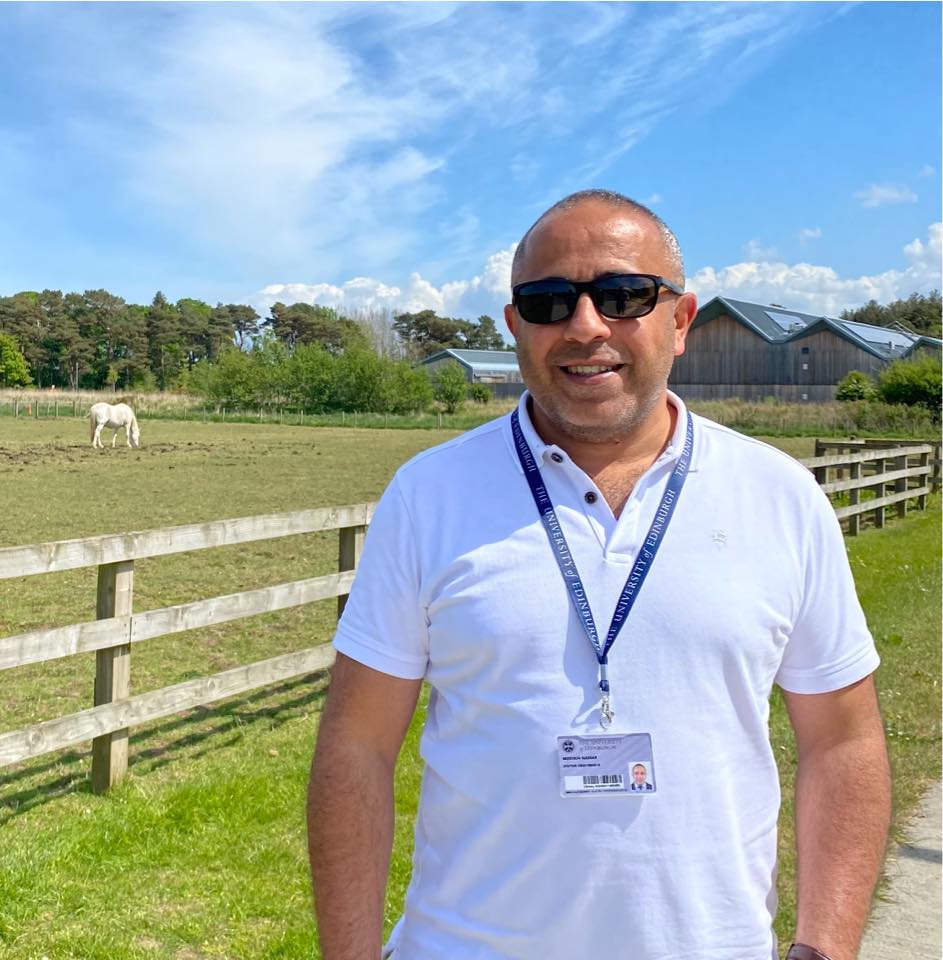
Term of service (2nd, 2023-2027)
Mostafa K. Nassar is an associate professor at Cairo University, Egypt, and a visiting researcher at Humboldt-Universität zu Berlin, Germany, and the Roslin Institute, University of Edinburgh, Scotland, UK. His scientific expertise lies in poultry breeding and genomics, focusing on enhancing productivity and conserving genetic resources in livestock. After earning his PhD in animal breeding and genomics from Humboldt-Universität zu Berlin, Nassar’s career has taken him through various postdoctoral roles, positions, and visits to Egypt, Germany, Poland, and the UK. Throughout this journey, his research has centered on utilizing genomics in animals, primarily chickens, with additional contributions in goats and cattle. Through integrative statistical analyses and robust bioinformatics pipelines, he aims to uncover the genetic underpinnings of complex traits, facilitating molecular breeding, accelerating genetic progress, promoting resilience, and conserving resources in breeding programs for a sustainable future. Nassar was recently honored with the ISAG-STRV Award for his impactful research.
Member
Arth Bhaljibhai Chaudhari
Kamdhenu University
Sardarkrushinagar, India
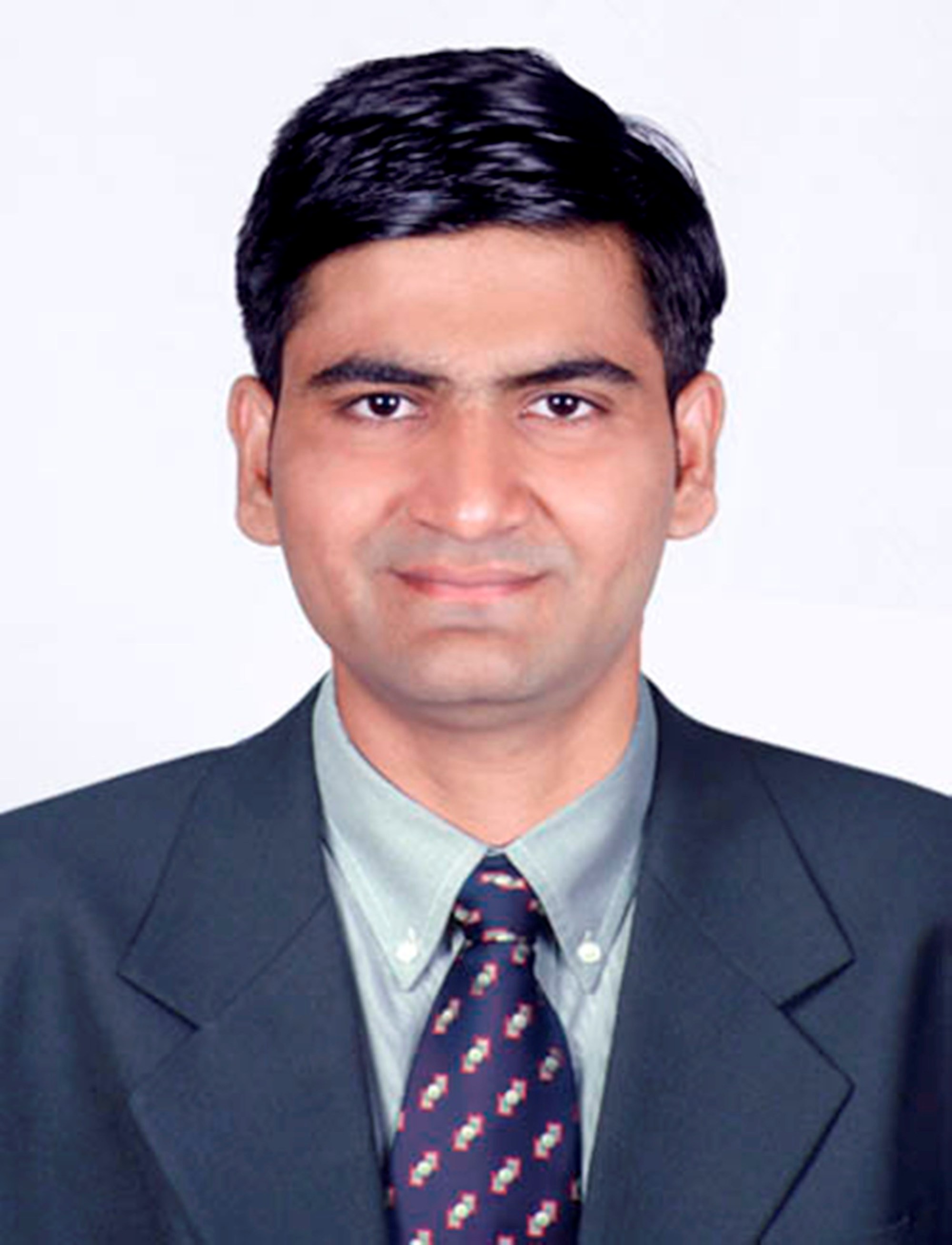
Term of service (1st, 2025-2027)
Arth B. Chaudhari is currently an assistant professor in the Department of Animal Genetics and Breeding in the College of Veterinary Science and Animal Husbandry, Kamdhenu University, Sardarkrushinagar, Gujarat state, India. His research interests are in cattle, buffalo, sheep, and goat genetics and genomics, heat tolerance, tick resistance, and genomic selection. Chaudhari’s interests also include collaboratively working with developing and developed countries on research projects. As a newly elected member of the ISAG Committee, he pledges with hard work, punctuality, full faith, determination, and good accuracy to carry his honest scientific responsibility for the betterment of the animal genetics and breeding communities.
|
|
